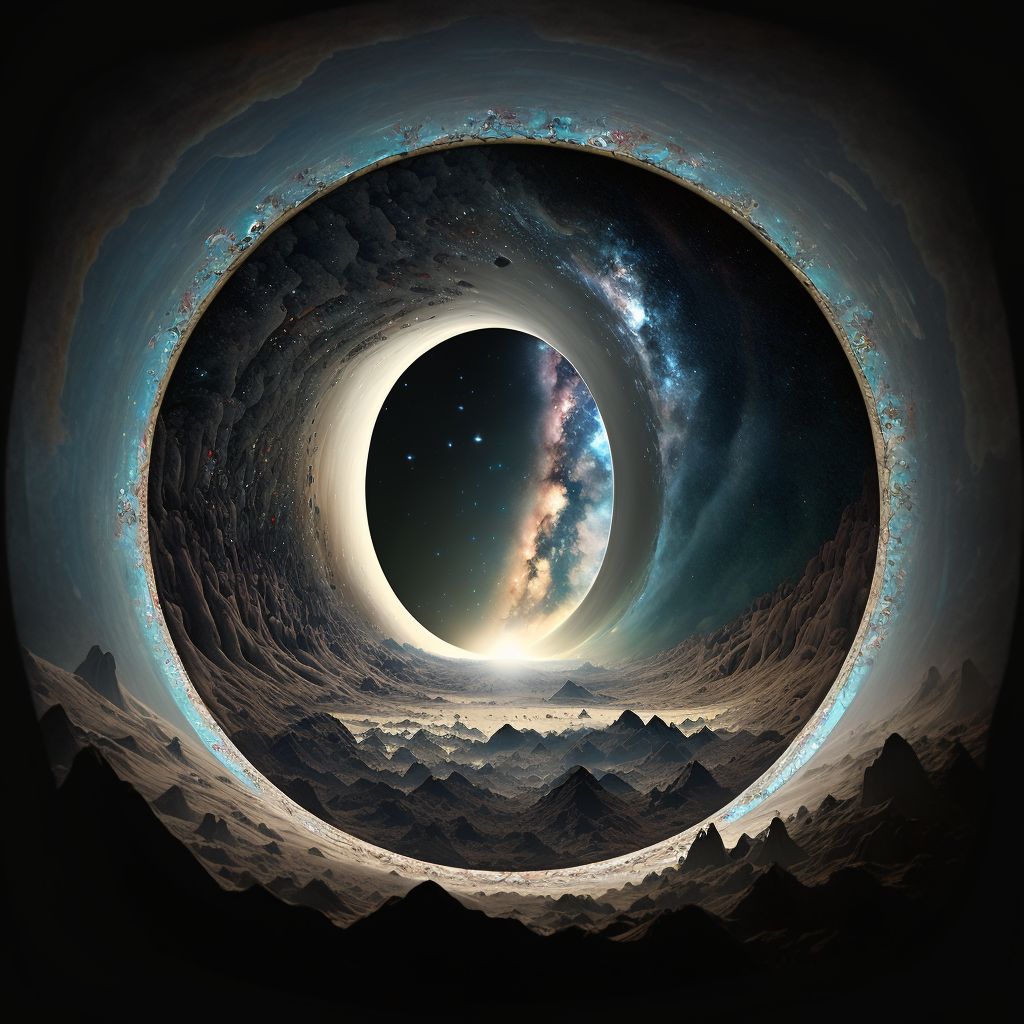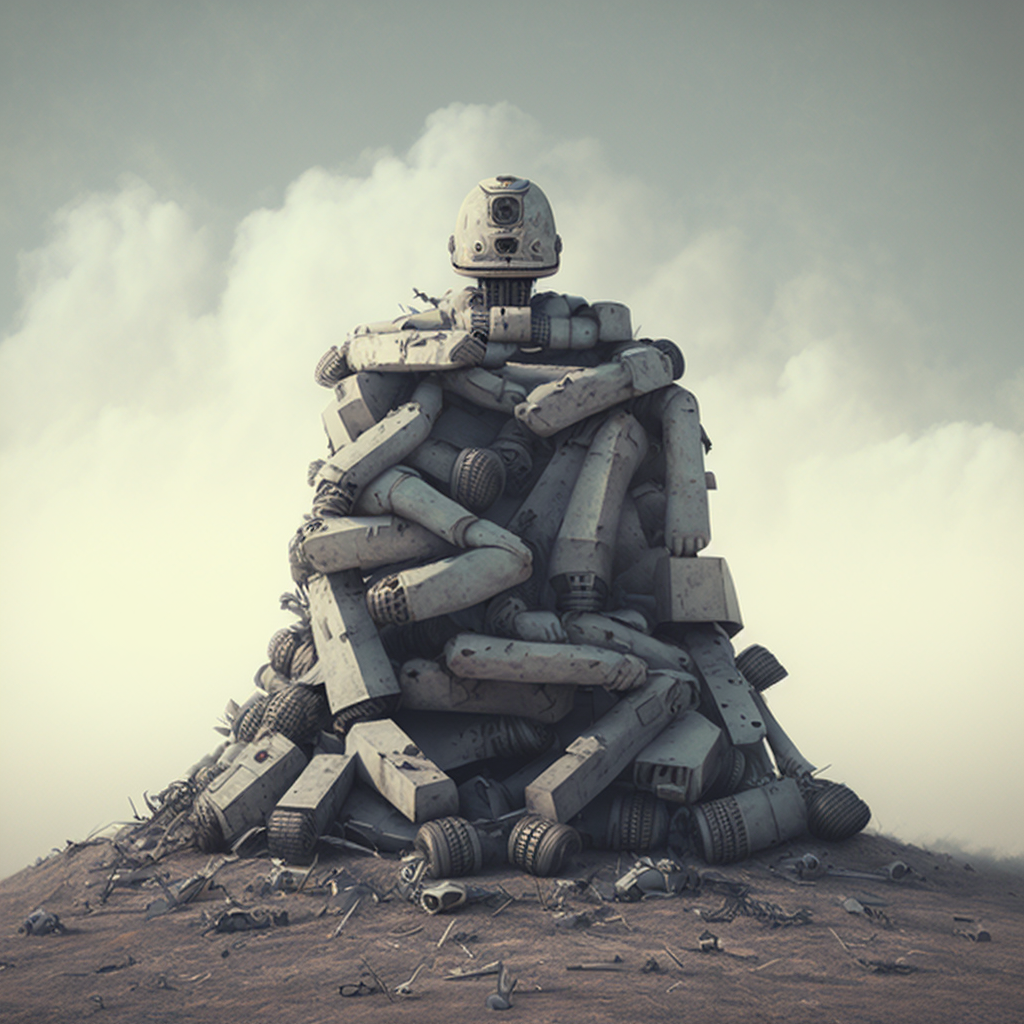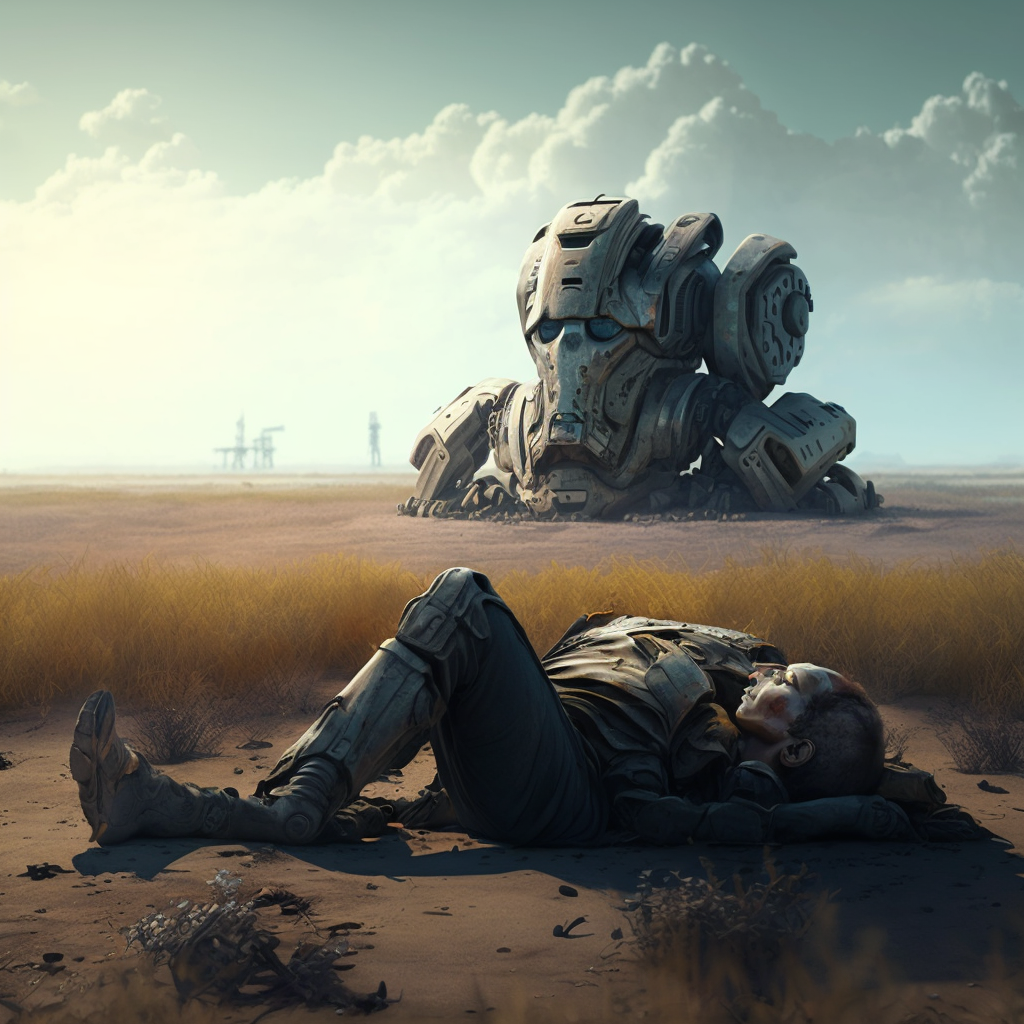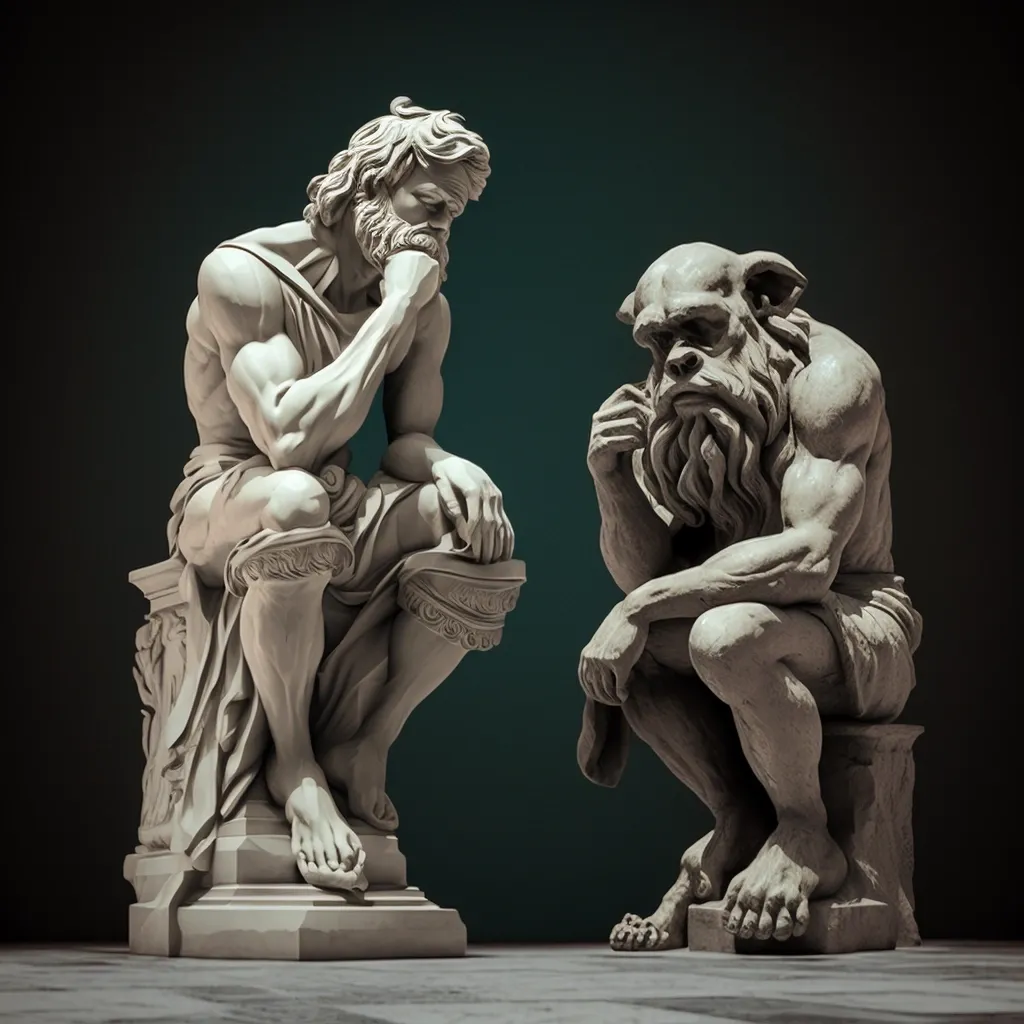When knowledge is exhausted, humans will still be humans, and AI will still be AI.
Wedge──"Invisible City"
In the 20th century, Italian writer Itaro Calvino wrote a unique novel "Invisible Cities" with a unique technique.
The whole book is mostly composed of a dialogue between Marco Polo and Kublai Khan. The former would explain to the latter the customs and city scenery of various countries he traveled around the world, while the latter used his imagination to get a glimpse of the world. To put it simply, it is an irresponsible travelogue.
Through the manipulation of language and words, Calvino makes the image of the so-called "city" constantly rotate in the readers' minds. Beautiful, gorgeous, gorgeous, neat, eternal, beautiful... Various adjectives in the book are like ripples falling on the lake, echoing the imagination of the "city" in the readers' minds.
In my opinion, Calvino's Marco Polo is actually a large-scale artificial intelligence. The only difference may be that the artificial intelligence's word selection will be more accurate based on the ideas of "Kublai Khan". Why do you say that? Let us crawl through the origin and development of human knowledge.

The origins and limitations of knowledge
All human disciplines are based on a set of "assumptions". Physics assumes that objects exist essentially; history assumes that the past is real; literature assumes that humans have taste and are different from animals. The existence of... If the above assumptions are wrong, then the knowledge system generated based on these assumptions will also fall apart. But it is precisely because humans have made continuous efforts to think about and interpret these assumptions that they will not become dogmatic slogans.
In other words, in my opinion, knowledge is a product that starts from a series of edges and is constructed inward. Beyond these edges are the inexhaustible parts of humankind (or "truth"), such as the debate on "entity" in Western philosophy, the debate on "self-nature" and "minimum" in Eastern Buddhism, etc.
For the development of knowledge, people must make compromises on this and no longer dwell on these so-called "fundamental" issues. But the fact is that when all discussions become too detailed, all discussions will eventually return to the most fundamental issue. All discussions will return to the original question, but the original question has already had hundreds of interpretations. So can we make the old-fashioned assumption that all knowledge in the world has been exhausted?
"All knowledge has been exhausted" does not mean that all questions have standard answers, but that all solutions have appeared. People only need to continue to disassemble, recombine, and reinterpret to obtain infinite "correct solutions", and then use these "correct solutions" to surround a vague and fundamental problem.
In this way, a "truth" emerges spontaneously.
Taken together, we can regard all these "fundamental" issues as the starting point and end point of all knowledge, and these different "points" also interact with each other and are related to each other. All our new knowledge is just a reinterpretation of these fundamental issues.

The horror of AI
Assuming that the above assumptions come true, it is not difficult to imagine that AI technology will be a quite terrifying existence.
A friend once told me that Chat GPT is like combining some related words together, packaging and throwing them to the user. Yes, Marco Polo described Kublai Khan in the same way. This is more or less the true meaning of the so-called "large language model". The following paragraph is Chat GPT’s self-introduction:
I am a language model, an artificial intelligence technology trained by OpenAI for generating natural language text. By learning from large amounts of text data, I can understand vocabulary, grammar, and semantics in natural language, and generate meaningful answers and articles.
That is to say, if time and resources allow, this language model will be able to read the entire world's texts (whether offline or online), then this large-scale "Marco Polo" will be able to use "vocabulary, The reorganization of "grammar and semantics" constantly touches on the "fundamental" issues we just mentioned, which are the starting point and end point of all knowledge.
Looking back, we have assumed that "human knowledge has been exhausted" and "all new knowledge is the result of reinterpretation". Then we can easily imagine a future where AI technology combines the above two assumptions with ultra-high efficiency and accuracy. Combination, high-speed and effective interpretation of different knowledge and truth, so that all "truths" are in a constantly full state.
So do humans still need to think about what truth is?

Will humans be replaced?
Based on the above inference, does it mean that the development of science and technology will completely replace human beings? The answer may or may not be.
In addition to the above assumptions, of course we must also assume that language communication is effective . When we ask "what is truth" and "what is knowledge", we have already assumed that the meanings of the words under "consensus" are the same. This is one of the reasons why all the knowledge mentioned above is based on assumptions.
So what is an effective communication? It must be that both parties need to communicate at the same level and accommodate each other's viewpoints to the greatest extent. Only then can an effective communication be carried out. Language itself is a tool with randomness.
In other words, how to interpret will be one of the most important human abilities. That is to say, those who can use AI will replace those who cannot use AI in the future, because AI will become the source of all knowledge and will become a substitute for professors, technicians, and teachers. The combination of information and knowledge will become a powerful tool for individuals in the future.
From the author's point of view, AI is the substitute for traditional education and academic education. But the premise is how to use AI . Instead of talking about "using", it is better to talk about how to "operate" AI. The author found that most people cannot accurately ask the questions they want to ask when using AI. In other words, they cannot find the problem or pain point. Don't underestimate this, being able to ask questions is a very important thing.
This is also the shortcoming of traditional education. People have long been accustomed to the knowledge they have, and have lost the ability to actively explore knowledge. When people are all ducks, they turn around and resist cramming education. Therefore, those humans who are worried about being replaced by AI can start to reflect on when they have been a "thinking human being."
Quite ironic: It’s ridiculous when humans who are not used to thinking are afraid of AI that can think. In summary, the emergence of AI will not replace humans.

Conclusion──Being a thinking human being
Knowledge saturation is the same as complete lack of knowledge.
Going back to our initial argument, when knowledge has become an exhausted subject, human beings are just constantly "involution" and constantly playing language games, just like the myth of Sisyphus. But at this time, human beings are more or less With the confidence and pride of "the spirit of all things", he believes that knowledge still needs to be "developed".
However, the maturity of AI technology has integrated the world's past knowledge systems. All opinions, perspectives, thinking patterns, etc. can be combined and interpreted. Knowledge has become a completely saturated object that people only need to interpret and extract. Then when you have lost the ability to interpret, AI will be of no help to you. This is one of the reasons why humans cannot be replaced by AI.
Therefore, AI technology only provides a convenient way to mine knowledge. But when you have lost the ability to dig, no matter how good the tools are, they are the same. At this time, whether the knowledge is saturated or lacking is actually the same.
From the beginning, humans who can think are destined to replace humans who cannot think. This has nothing to do with the emergence of AI.

Ruthless Business PART1:
The Reading Bar learning community is under construction. Welcome to work together to create a friendly and decentralized learning community! Join us to supervise each other and learn from each other!
Ruthless Business PART2:
Interested in more blockchain news? Welcome to continue to pay attention chain flash
Like my work? Don't forget to support and clap, let me know that you are with me on the road of creation. Keep this enthusiasm together!














- Author
- More